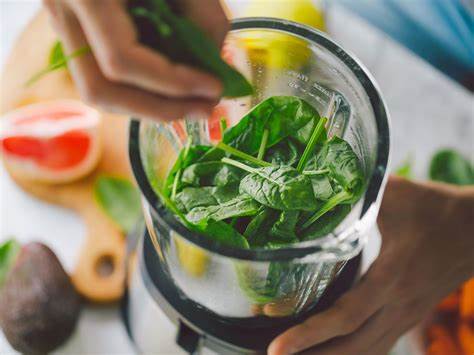
Iron is probably a mineral that you hear about the most when discussing nutritional needs. And, while all minerals are as important as each other, iron is one of the most spoken about with good reason. It has a whole lot of roles to play in your body!
Read on to discover everything worth knowing about iron and the influence that it has on your body.
What Is Iron?
Iron is an essential mineral that your body needs to function normally. It can be found in every single cell in your body as it exists in your blood. This means that, if you lose blood, you lose iron. In terms of sourcing the mineral, iron can be found in many different types of food, as to which we will touch on later in this guide.
The Role Of Iron In Your Body
Iron is most commonly known for contributing to the normal formation of red blood cells and haemoglobin. In simpler terms, it is needed to allow oxygen to transport throughout the body. Iron also helps to fight against tiredness and affects the activity of the heart, liver and muscles (EFSA, 2010).
Where To Find Iron
From maintaining a balanced diet to seeking help through iron tablets, there are many ways to get enough iron. Common food sources of iron include:
- Liver (avoid during pregnancy)
- Red meat
- Beans
- Nuts
It’s important to remember that, although iron can be found in plant based products, it will be non-haem iron. The body doesn’t absorb non-haem as easily as it does haem iron (which is found in animal products). For this reason, many people that do not consume animal products choose to take supplements to safeguard their intake.
You might also get advised to take iron supplements if your iron levels are low. This is not something that you can determine yourself, however, and you will likely need blood tests taken to find out if this is the case. If you are concerned about your iron levels, head to the doctors to discuss further.
Understanding Iron Intakes
As stated by the NHS, recommended daily iron intakes are as follows:
- men over 18 should absorb 8.7mg
- women over 50 should absorb 8.7mg
- women aged 19 to 50 should absorb 14.8mg.
Women between the ages of 19 and 50 need a higher amount of iron due to the fact that a lot of iron gets lost when menstruating. Those with particularly heavy periods might get advised to take supplements.
In Conclusion
Iron is no doubt an incredibly essential mineral. It is responsible for many major roles in the body, and without it, normal processes would not be able to take place. With help from a balanced diet and supplementation when necessary, you should have no trouble meeting your daily iron intake requirements.
 2018 ·
2018 ·